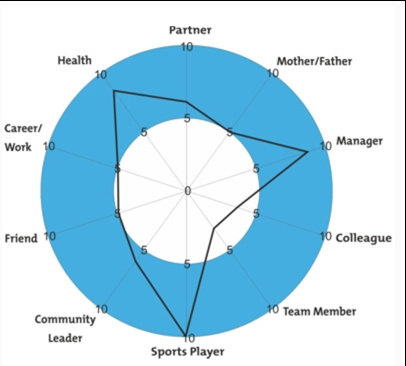The syllabuses for these courses will be built during 2017/2018 in this live Google Doc, comments welcome.
So guys, we’re starting to form a vision for what we want our course portfolio to look like in the year 2020. We would really appreciate your thoughts. In a nutshell, three tracks with three courses per track as follows…
Dev Track
This is basically the science of game development.
- Learn to Code by Making Games < Similar to current Unity course.
- Game Engine Architecture & System Master < Maths, Physics, Audio, Libraries, etc. Possibly in Unreal.
- The Complete Game Technical Art Programmer < Procedural Generation, Blender Python, Shaders, etc.
Creative Track
This is the creative track, focused on asset creation.
- The Complete 3D Game Artist < Similar to current Blender course, including Substance Painter
- The Complete 2D Game Artist < A new course on Gimp, Photoshop
- The Complete Game Audio Artist < SFX, voiceover, music, etc.
Biz & Design Track
This is everything about getting yourself, and your business knowledge ready to run your own successful studio. This combines business and design for a reason… We believe there’s no room in the world of lean manufacturing for one person to design things, and another to sell it. These functions must be combined so that the customer get promised what’s possible, and delivered what’s promised.
- Personal Development for Indies < Health, mindset, focus, finishing, shipping, etc
- The Complete Game Designer < Level design, play tuning, vision setting, QA, etc.
- The Business of Marketing Indie Games < Crowdfunding, finance, marketing, etc.
Each of these courses would be a complete course, around 60 hours long. We would also provide a way of you assessing where you’re at in each area, to help you navigate the 9 courses.
Please rate this structure from the gut, and let us hear your feedback…
- 1
- 2
- 3
- 4
- 5
- 6
- 7
- 8
- 9
- 10
0 voters



